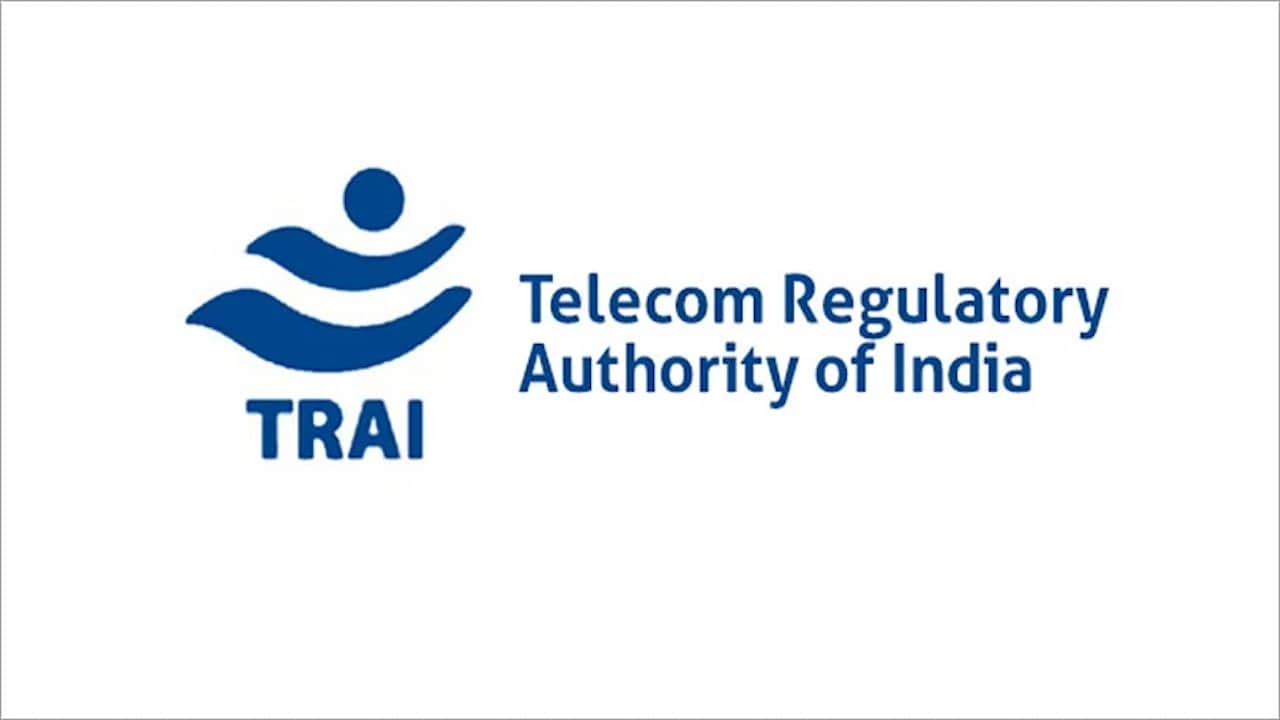Despite telecommunication companies pushing to bring OTT communication apps like Google, WhatsApp and Telegram under Telecommunication Act, 2023, the Telecom Regulatory Authority of India (TRAI) has announced to put the plan on the backburner, at least for a while.
Instead, TRAI is prioritising to expedite the process of satellite spectrum pricing, consultation paper of which will be released over the next few days, TRAI Chairman AK Lahoti said, on September 25.
The announcement comes two days after the senior officials of telcos including Bharti Airtel , Reliance Jio and Vodafone-Idea met with Minister of Communications Jyotiraditya Scindia to urge him to bring OTT communication players under the regulatory fold and Telecom Act.
Read more: Jio, Airtel, Vi urge Telecom Minister Scindia to regulate Google, WhatsApp
All major telecom companies argue that OTT apps should be regulated under the Act, as they rely on telecom infrastructure and to create a ‘level playing field’— subjecting OTTs to a similar licensing regime and taxation as telcos.
Meanwhile, the likes of Broadband India Forum (BIF), National Association of Software and Services Companies (NASSCOM) and the Internet and Mobile Association of India (IAMAI) have argued that OTTs are already governed by the Information Technology Act 2000. Last year, the then telecom Minister Ashwini Vaishnaw clarified that OTT apps are governed by the IT Act and not the Telecom Act.
On September 18, TRAI released recommendations on the ‘Framework for Service Authorisations to be Granted Under the Telecommunications Act, 2023’. TRAI issued recommendations to streamline the licensing framework, excluding OTT communication apps likes of Google, Telegram, WhatsApp from new licensing rules.
Read more: TRAI excludes likes of Google, Telegram, WhatsApp from new licensing rules
The authority recommended three broad categories of telecommunication service authorisations: main service authorisations, auxiliary service authorisations, and captive service authorisations.
Under the new authorisation framework, ‘Unified Service Authorisation’ has been introduced to achieve the objective of ‘One Nation, One Authorisation’ across services and service areas.
According to Lahoti, OTT was not part of this paper (Service Authorisation Framework under Telecommunications Act 2023) and is being discussed separately. Right now, the authority has to take up spectrum pricing on a priority basis, he added.
Although TRAI will explore if OTT apps need to be regulated under the Telecommunications Act 2023.
He further said that TRAI has only recommended the framework that should be implemented under the Telecom Act 2023 for allowing the provisioning of services, as per a PTI report.
He said, “Our entire team was occupied in this massive exercise of recommending a new framework. We will now work on recommendations for spectrum pricing.”
